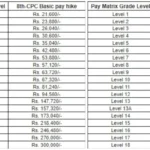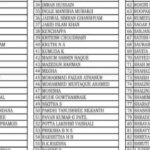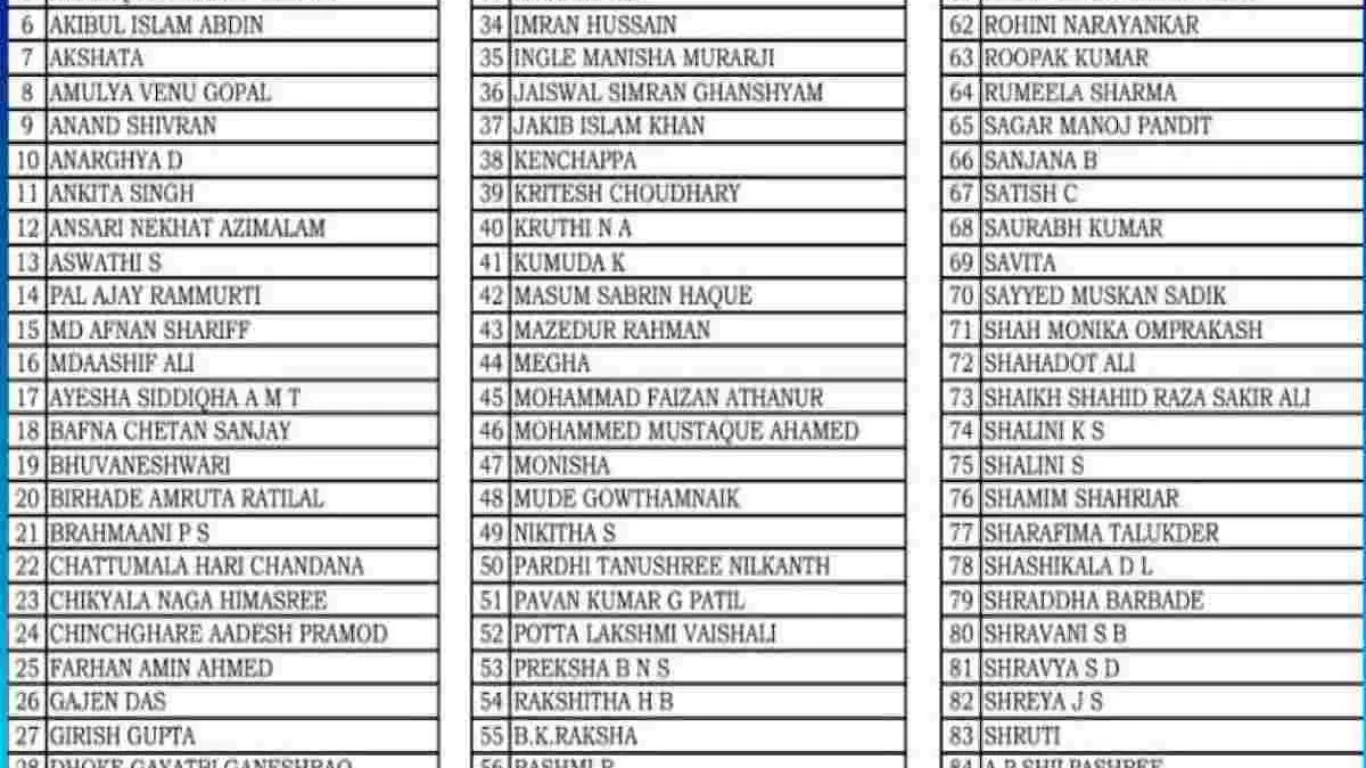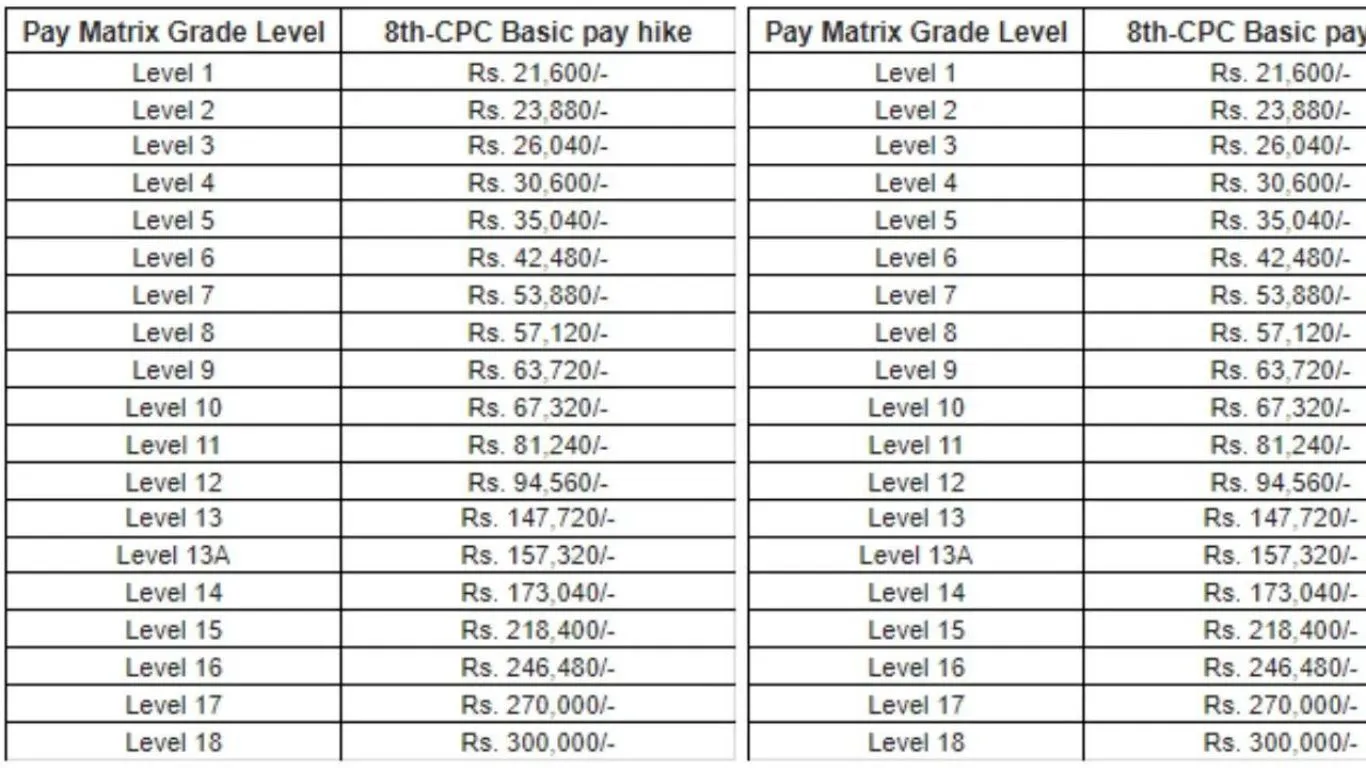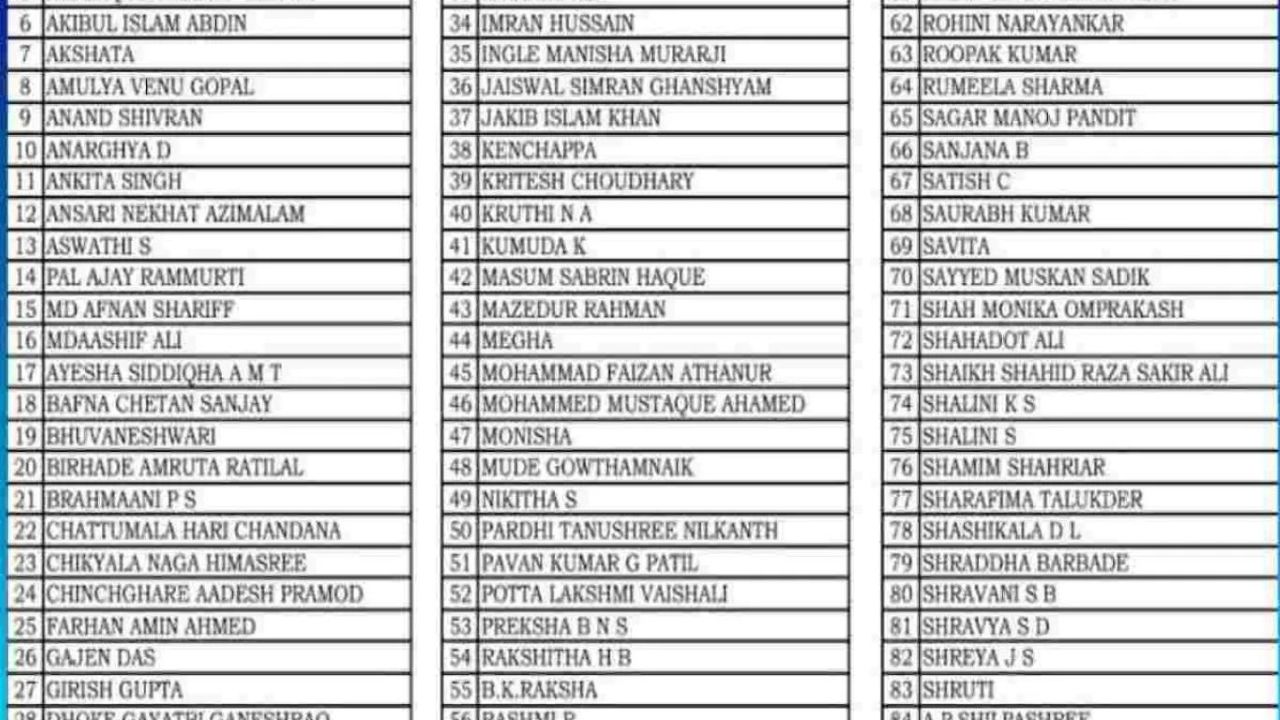स्वागत है आप सभी का आज के हमारे इस लेख में, आज हम आपको यह जानकारी देने वाले हैं कि सभी श्रम कार्ड धारकों को सरकार ₹1000 की किस्त देने वाली है। जिन लोगों का भी नाम श्रम कार्ड लिस्ट में है उनके लिए यह बहुत ही खुशी की खबर है।
जल्द ही श्रम एवं रोजगार मंत्रालय द्वारा ₹1000 सभी श्रम कार्ड धारकों के खाते में जमा किया जाएगा।
आप में से जिन लोगों ने भी श्रम कार्ड योजना के लिए आवेदन किया है, उन सभी को आज मैं श्रम कार्ड की लिस्ट चेक करने का एक बहुत ही सरल तरीका बताने वाला हुँ।
जिन लोगों ने भी श्रम कार्ड योजना के लिए 31 दिसंबर से पहले आवेदन किया है उन सभी के खाते में श्रम कार्ड का पैसा जल्द आने वाला है।
असंगठित क्षेत्र में काम कर रहे श्रमिकों की मदद करने के लिए केंद्र सरकार के द्वारा इस योजना की शुरुआत की गई थी। इसके अनुसार हर महीने सभी पात्र श्रमिकों को ₹1000 दिया जाता है।
यह पैसा असंगठित क्षेत्र में काम कर रहे श्रमिकों को भरण- पोषण के लिए दिया जाता है। इसके अंतर्गत श्रमिकों को भत्ता राशि के अलावा और भी लाभ दिये जाते हैं।
यदि आप भी श्रम कार्ड लिस्ट में अपना नाम चेक करना चाहते हैं तो इस लेख को अंत तक ध्यान से ज़रुर पढ़ें। इसमें हम आपको श्रम कार्ड की लिस्ट चेक करने के तरीके के बारे में बताने वाले हैं।
श्रम कार्ड योजना क्या है?
श्रम कार्ड योजना की शुरुआत संक्रमण के दौरान असंगठित क्षेत्र में काम कर रहे पीड़ित श्रमिकों की मदद करने के लिए की गई थी।
इस योजना के एकार्डिंग अब तक 25 करोड़ से अधिक श्रमिक आवेदन कर चुके हैं, लेकिन सिर्फ 10 करोड़ श्रमिकों को ही भत्ता राशि का लाभ दिया जा रहा है।
इस योजना की शुरुआत के समय में बहुत से अपात्र सदस्यों ने भी इसके लिए आवेदन किया था, जैसे ही लोगों को पता चला था कि आवेदन करने वाले उम्मीदवारों को ₹1000 की भत्ता राशि दी जाएगी।
तो सभी लोगों ने इसके लिए आवेदन किया था। यह सोच कर कि हम सभी को इस योजना की भत्ता राशि प्राप्त होगी।
लेकिन आप सभी को यह बता दें की इस योजना के अंतर्गत केवल पात्र श्रमिकों को ही इसका लाभ दिया जाएगा।
इस योजना के अनुसार भत्ता राशि देने से पहले श्रम एवं रोजगार मंत्रालय द्वारा श्रम कार्ड की लिस्ट जारी कर दी जाती है, जिसमें सभी अपात्र सदस्यों का नाम लिस्ट से हटाया जाता है और पात्र सदस्यों का नाम जारी किया जाता है।
श्रम कार्ड योजना का मुख्य उद्देश्य
श्रम कार्ड योजना के लिए आवेदन करने वाले श्रमिकों को इस योजना के अंतर्गत हर महीने ₹500 की भत्ता राशि भरण-पोषण के लिए दी जाती है। यह पैसा श्रमिकों के खाते में डीबीटी के माध्यम से ट्रांसफर किया जाता है।
श्रम कार्ड योजना का मुख्य उद्देश्य असंगठित क्षेत्र में काम कर रहे श्रमिकों की डेटा एकत्रित करनी है ताकि जरूरत के समय केंद्र सरकार श्रमिकों की मदद कर सके।
संक्रमण के दौरान असंगठित क्षेत्र के श्रमिकों को बहुत ज्यादा आर्थिक परेशानियों का सामना करना पड़ा था। लोगों के पास खाने के लिए ना ही अनाज था और ना ही पैसा जिससे कि वह अनाज खरीद सके।
जिन लोगों ने भी श्रम कार्ड योजना के लिए आवेदन किया है और इसकी अगली किस्त के लिए इंतजार कर रहे हैं उन सभी को बता दें की सिर्फ पात्र श्रमिकों को ही इसका लाभ दिया जाएगा।
सभी पात्र श्रमिकों की लिस्ट जारी कर दी गई है जिसे आप आगे बताए गए प्रक्रिया की मदद से चेक कर सकते हैं और पता कर सकते हैं आपको अगली किस्त मिलेगी या नहीं।
श्रम कार्ड योजना का लाभ
असंगठित क्षेत्र में काम कर रहे श्रमिकों को इस योजना के माध्यम से कई प्रकार के लाभ प्रदान किये जाते हैं। श्रमिकों के बच्चों को उच्च शिक्षा प्राप्त करने के लिए छात्रवृत्ति भी प्रदान की जाती है।
श्रम एवं रोजगार मंत्रालय द्वारा श्रमिकों को ₹200000 की दुर्घटना बीमा दी जाती है।
असंगठित क्षेत्र में काम कर रहे श्रमिकों जैसे कि रिक्शा चालक, ठेला लगाने वाले, राजमिस्त्री और अन्य मजदूरों को घर बनाने के लिए बहुत कम ब्याज पर लोन दी जाती है।
श्रम एवं रोजगार मंत्रालय द्वारा श्रमिकों को 60 साल के बाद 3000 रुपए पेंशन के तौर पर दी जाएगी।
श्रम कार्ड लिस्ट में अपना नाम कैसे चेक करें?
जिन लोगों ने भी श्राम कार्ड योजना के लिए आवेदन किया है उन सभी के खाते में जल्द ही श्रमिक कार्ड का पैसा जमा किया जाएगा जिसकी लिस्ट जारी कर दी गई है।
अगर आप जानना चाहते हैं आपको अगली किस्त मिलेगी या नहीं तो फिर नीचे बताए गए प्रक्रिया को फॉलो करें और लिस्ट में अपना नाम चेक करें।
श्रम कार्ड की लिस्ट चेक करने के लिए सबसे पहले आपको इस योजना की आधिकारिक वेबसाइट पर जाना होगा।
आधिकारिक वेबसाइट के होम पेज पर आपको श्रम कार्ड की लिस्ट चेक करने का विकल्प मिलेगा, उस पर आपको क्लिक करना होगा।
अब आपके सामने एक नया पेज खुल जाएगा। जहां आपको श्रम कार्ड नंबर या फिर मोबाइल नंबर दर्ज करना होगा और फिर सबमिट बटन पर क्लिक करना होगा।
अगर आपको नाम ढूंढने में परेशानी हो रही है तो फिर आप ऊपर दिए गए बॉक्स में अपना नाम लिखकर सर्च कर सकते हैं। इससे आप आसानी से लिस्ट में अपना नाम चेक कर सकते।
इस तरह से आप सफलतापूर्वक श्रम कार्ड लिस्ट में अपना नाम चेक कर सकते हैं और पता कर सकते हैं कि आपको अगली किस्त मिलेगी या नहीं। अगर आप चाहे तो इस लिस्ट को डाउनलोड भी कर सकते हैं।
निष्कर्ष
आज के इस लेख में हमने आप सभी को यह बताया है कि श्रम कार्ड योजना के लिए आवेदन करने वाले सभी श्रमिकों के खाते में श्रम कार्ड का पैसा जल्द ही जमा किया जाएगा।
जिसकी लिस्ट कुछ समय पहले ही जारी कर दी गई है, श्रम कार्ड योजना के लिए बहुत से अपात्र श्रमिकों ने भी आवेदन किया था।
इसलिए सभी अपात्र श्रमिकों का नाम लिस्ट से हटा दिया गया है और एक नई लिस्ट जारी की गई है जिसमें केवल पात्र श्रमिकों का ही नाम शामिल है और उन्हीं के खाते में पैसा जमा किया जाएगा।
अगर आप श्रम कार्ड लिस्ट में अपना नाम चेक करना चाहते हैं तो आप ऊपर बताए गए प्रक्रिया को फॉलो कर सकते हैं और लिस्ट में अपना नाम चेक कर सकते हैं।
| Whatsapp Channel | Join |
| Telegram Channel | Click Here |
| Homepage | Click Here |


